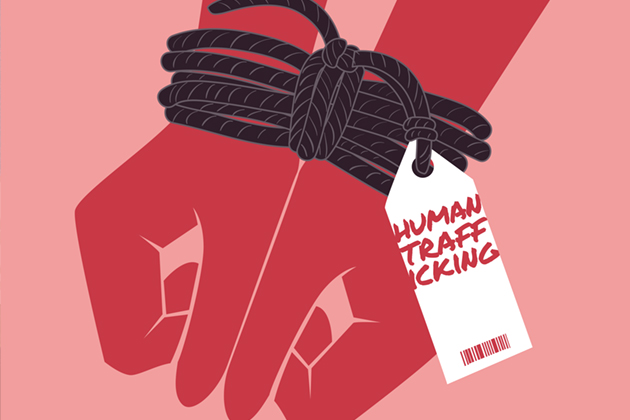Living in a time during which the number of people who have been forced to flee their homelands has, in a single decade alone, increased from 40 million worldwide to 100 million, any explanation of the criticality in managing the risks faced by most of these people, especially the most vulnerable among them, seems rather unnecessary. Trafficking and all forms of exploitation call for urgent action to be taken in order to effectively deal with these threats.
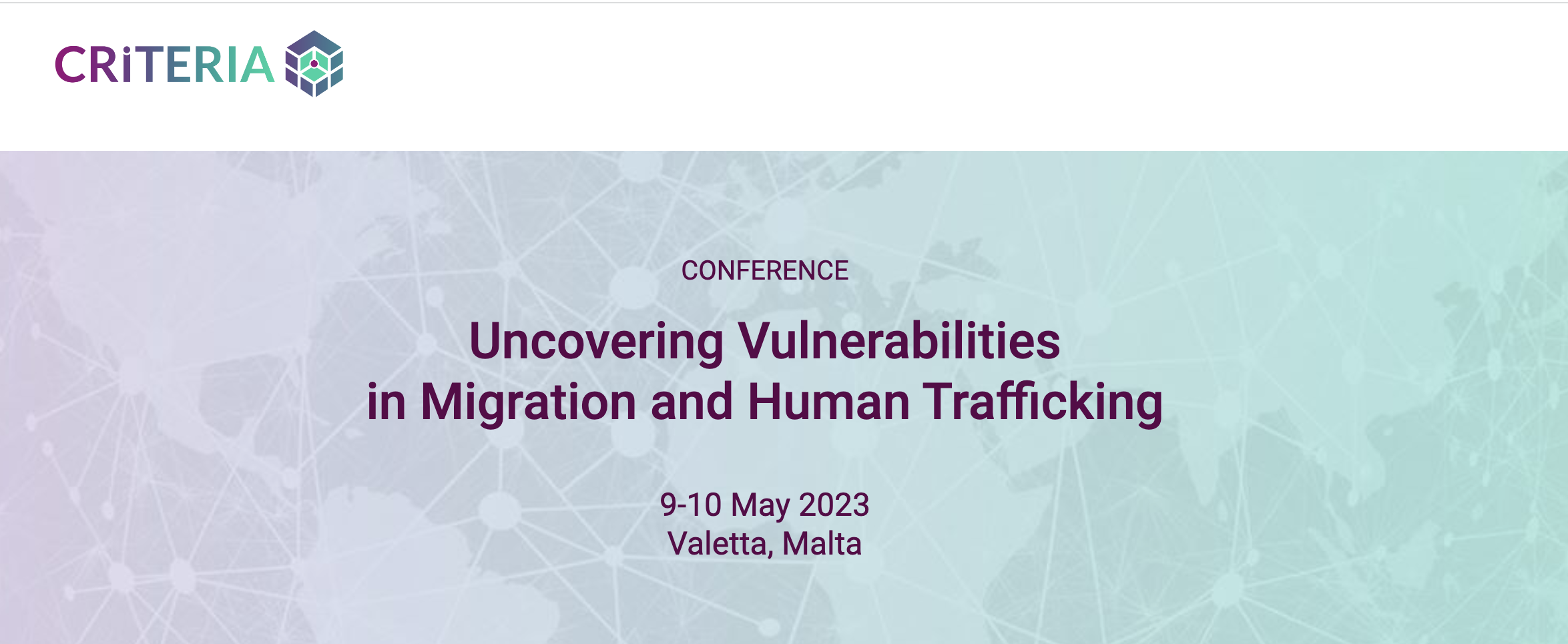
This is the general idea behind the CRiTERIA project (CRiTERIA stands for, Comprehensive data-driven Risk and Threat Assessment Methods for the Early and Reliable Identification, Validation and Analysis of migration-related risks) and also behind the conference entitled “Uncovering Vulnerabilities in Migration and Human Trafficking” which was held in Fort Saint Elmo in Valletta, Malta on the 9th and 10th of May. The main task of the conference which brought together all 15 partners in the project from 12 European countries -one of which is CERIDES – Centre of Excellence in Risk & Decision Sciences– was to identify novel ways to recognise and respond to migrants’ specific vulnerabilities in order to further enhance current policies and humanitarian actions targeting migrants.
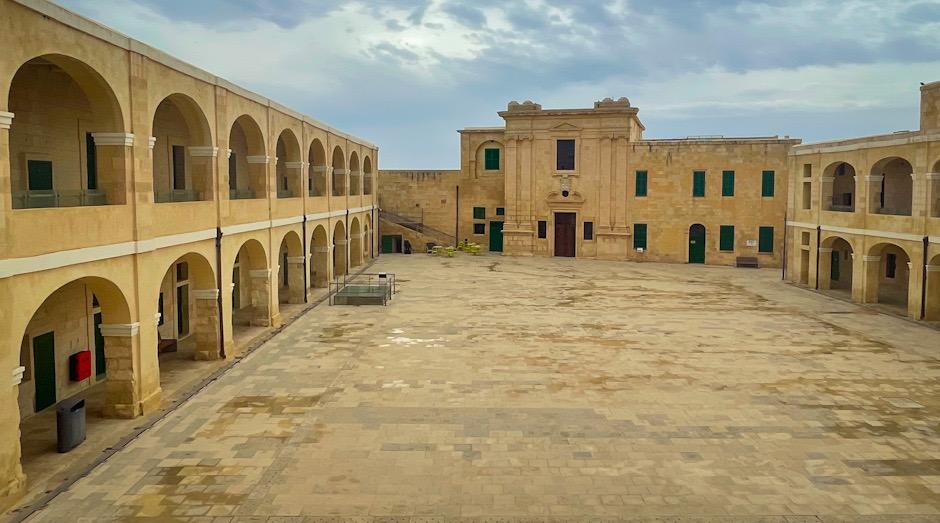
During the two-day event which had an interactive structure comprising several panels, roundtables, workshops and technology demonstrations, stakeholders from the academic world, policy-makers, civil society and international organisations working in the field of migration and human trafficking extensively discussed good practices and new tools that positively contribute to enhancing knowledge in this field as well as studies on existing gaps and persistent challenges.
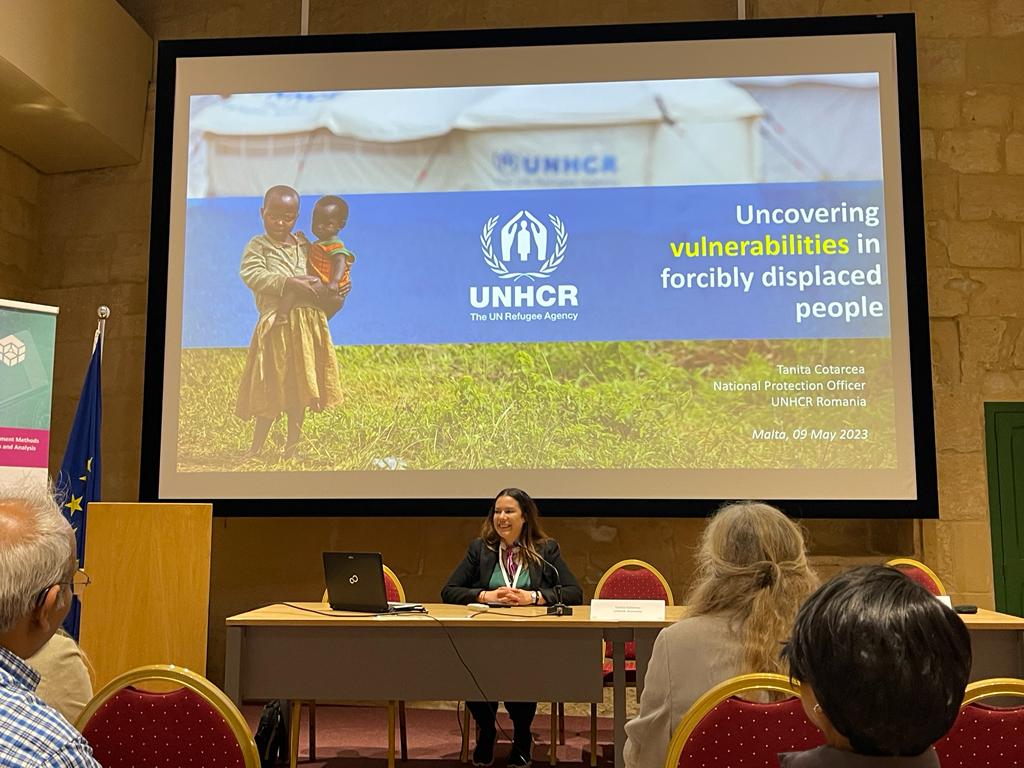
The conference was a unique opportunity for all stakeholders to exchange views as well as practical ideas on projects that are being or will be developed, aiming to detect and handle migrant vulnerabilities. These, involve for instance technology that is or could be used in this respect taking into account that human trafficking unfortunately also evolves and develops novel ways and methods to avoid detection.
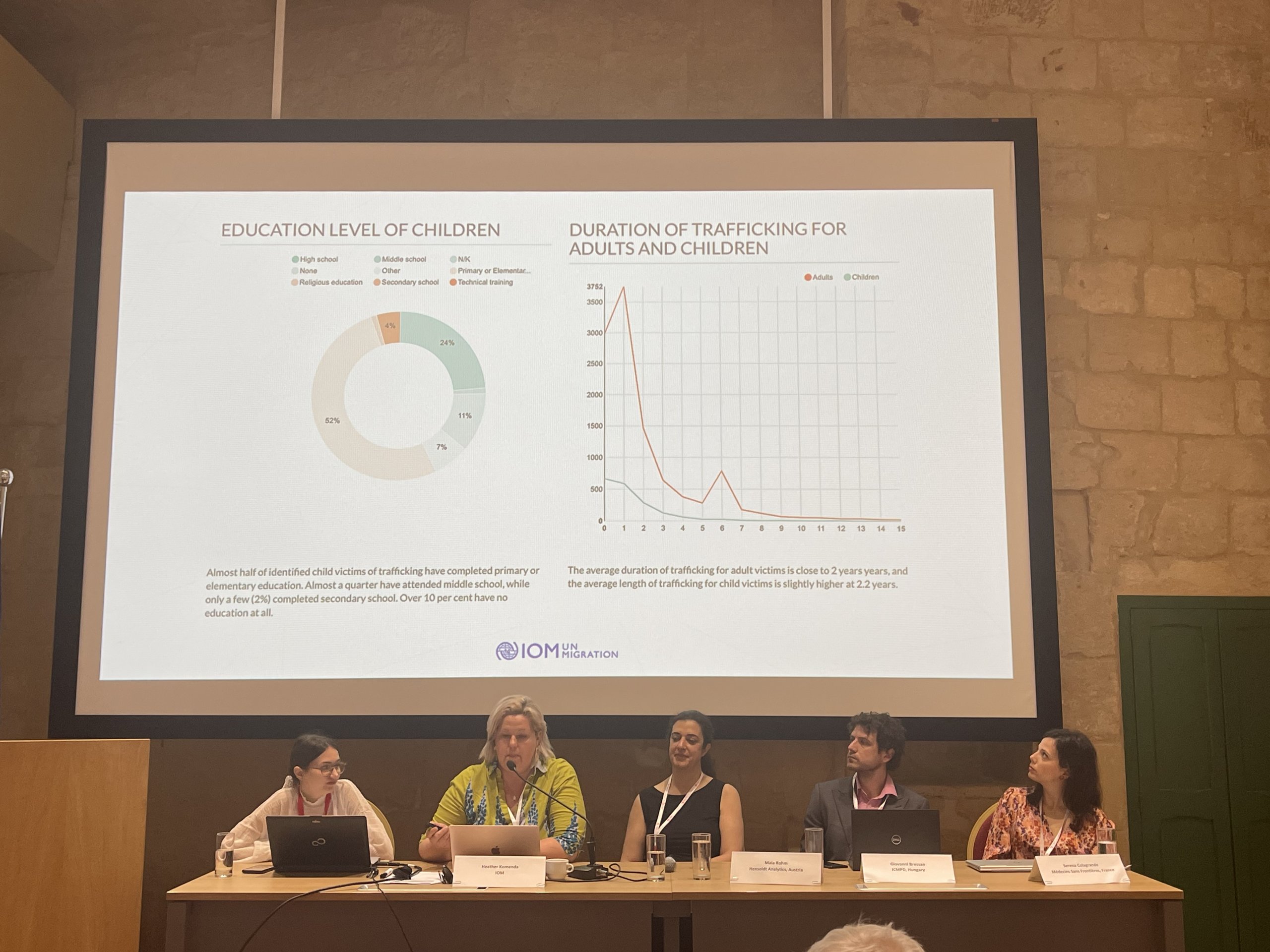
Ιn addition, the conference addressed other issues such as how to protect the human rights of all affected persons in an era when the migration management landscape is becoming more and more tech-driven and that without most of the affected individuals knowing about the risks they are confronted with in this respect. Discussed were also other topics of great significance such as the exchange of information between EU and non EU countries and the challenges this exchange is facing due to a number of obstacles.
An extremely important part of the conference was the presentation of data by international organisations and NGOs -UNHCR, IOM UN Migration, Medicins Sans Frontiers to name a few) which provided an easily accessible and understandable overview of the general situation and the dramatic changes which were recorded over the past decade in particular in this issue. Equally important however was the process to make sure that all data was extensively analysed in order for it to be interpreted and practically put into use for future reference.

